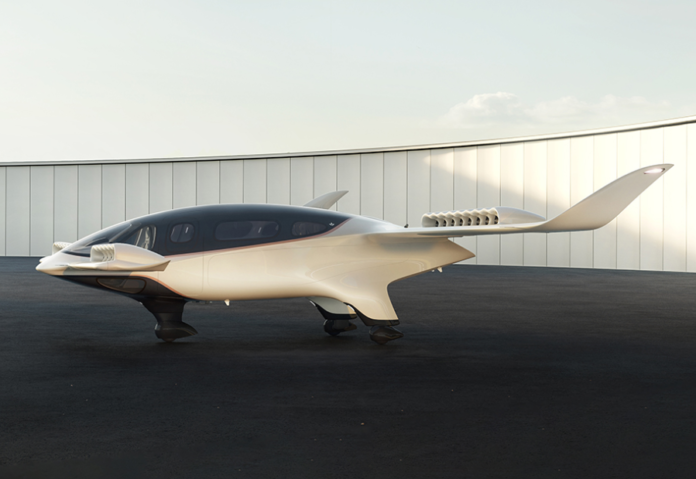The EU has given air taxi company Lilium permission to develop and use its electric vertical takeoff and landing vehicles across the globe.
The German air taxi company Lilium announced on Monday that it has been given regulatory clearance to develop and use its electric vertical takeoff and landing vehicles.
The European Aviation Safety Agency granted Lilium “Design Organization Approval,” a special condition license that allows the company to design and build its aircraft before formal industry regulations are agreed upon and put into effect.
According to Lilium’s chief technology officer and head of design organization, Alastair McIntosh, the approval essentially gives the company a “license to operate.”
“We are even more motivated to commercialize the revolutionary Lilium Jet now that we have received Design Organization Approval from EASA,” McIntosh said in a statement on Monday.
The EU agency is “setting the right rules for operations and taking care of the environmental elements, including noise, while of course ensuring that high safety standards are met,” according to Luc Tytgat, acting executive director.
“Yet, we have collaborated with Lilium to meet a rigorous schedule, and we are cautious about erecting obstacles in our path to join this new market. “I express my congratulations to Lilium for obtaining this Design Organization Approval, a significant step forward for Europe’s electric aviation industry,” he continued.
For the industry, which has been putting in years to prepare these vehicles for the market, it represents a significant turning point.
For a long time, flying cars were only found in fiction. The idea of cars taking to the skies has been a staple of popular culture for decades, from “Chitty Chitty Bang Bang” to “The Jetsons” and “Blade Runner.”
In recent years, billions of dollars have been invested by technologists and venture capitalists in businesses that seek to create flying taxis, but these efforts have not yet seen much real success.
Regarding Lilium, its fleet is oriented more toward domestic intercity travel than international travel. Several tiny propellers powered by electric motors are used by the Lilium Jet to generate thrust during cruise and lift during takeoff and landing.
The Lilium Jet can travel 300 kilometers in an hour on a single charge once it is prepared for commercial flights; this is the same distance as a trip from London to Manchester in the United Kingdom.
Four friends from Germany’s Technical University of Munich founded Lilium in 2015 with the goal of starting commercial flights by 2025.
Major aerospace players Boeing and Airbus, along with German start-up Volocopter, which is also developing an air taxi with vertical takeoff and landing, present the company with fierce competition.
Also read: Value-Based Care Transformation via FHIR
Do Follow: CIO News LinkedIn Account | CIO News Facebook | CIO News Youtube | CIO News Twitter
About us:
CIO News, a proprietary of Mercadeo, produces award-winning content and resources for IT leaders across any industry through print articles and recorded video interviews on topics in the technology sector such as Digital Transformation, Artificial Intelligence (AI), Machine Learning (ML), Cloud, Robotics, Cyber-security, Data, Analytics, SOC, SASE, among other technology topics.






